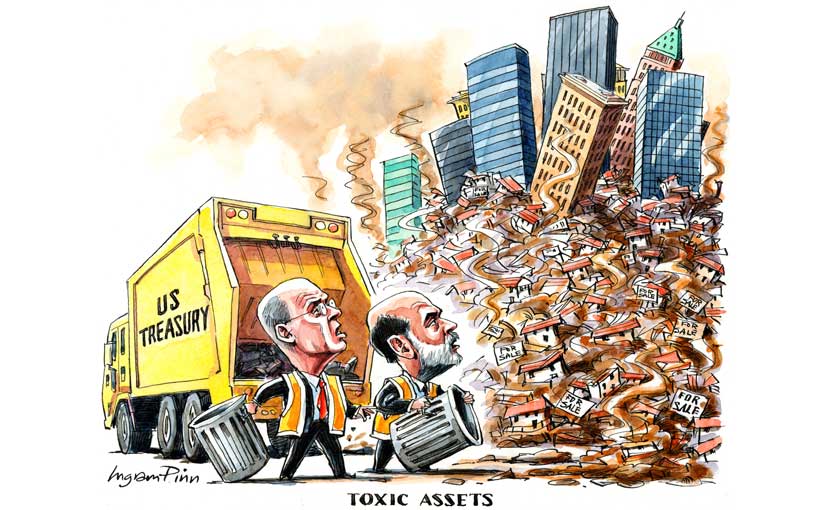
Retirees are now brushing up on their skills. The reason for this is because the economic downturn has forced many retirees to go back into the work force or continue working. Retirees must have the skills and tools as newcomers into the market. Last June, Joliet Junior College now offers a program called the Mature Workforce Center. The center offers workshops, courses, and services to help baby boomers retool and brush up their skills. Moreover, at Wake Technical Community College, it offers a program called Plus 50 Initiative, which retrains older students for the job market. These colleges are among 15 colleges participating in the Plus 50 Initiative which begun last spring by the American Association of Community Colleges. The program is supported by a $3.2 million grant from the Atlantic Philanthropies. Not only colleges but also community centers and web sites across the nation are increasingly offering programs for those who want to “recareer”. No matter the place, the starting points are to determine your interests and priorities and then move to refresh and update your skills or learn new skills. According to the U.S. News and World Report, working longer does not necessarily mean working forever. It will take about 1 year and 9 months in the workforce to recoup market losses for employees who have spent 20 and 29 years on the job.
Source 1, Source 2, Source 3


























